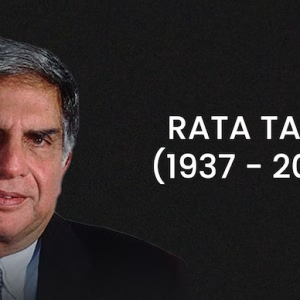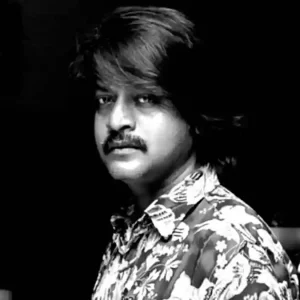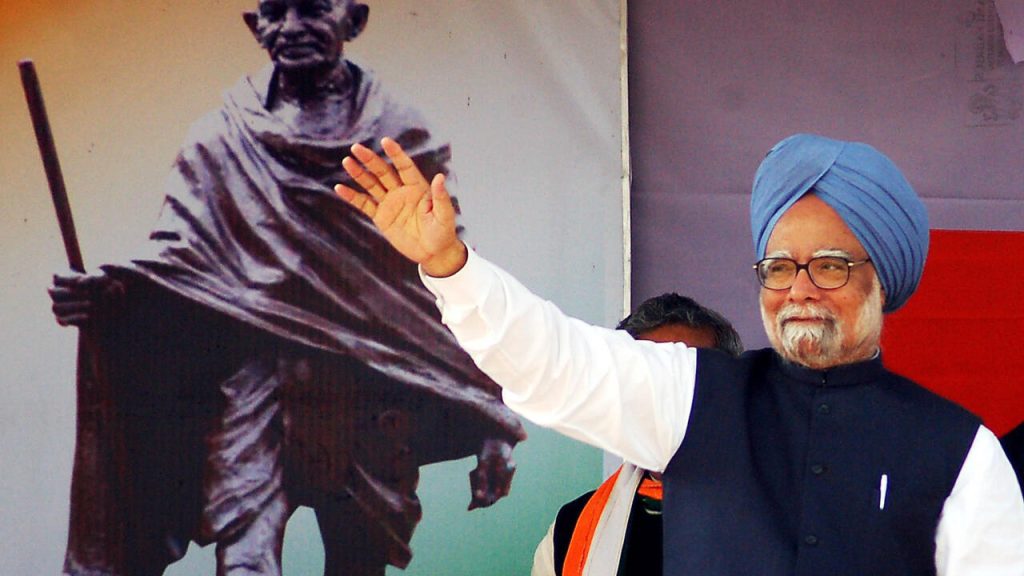
Dr. Manmohan Singh, a name synonymous with economic reform and visionary leadership, stands as a testament to dedication, intellect, and service. As India’s 13th Prime Minister, his contributions have left an indelible mark on the nation’s history. This blog explores his remarkable journey, from his humble beginnings to becoming one of the most respected leaders in India.
Early Life and Education
Born on September 26, 1932, in Gah (now in Pakistan), Dr. Manmohan Singh’s early life was marked by simplicity and determination. His family migrated to India during the Partition in 1947. Despite the challenges, his academic brilliance shone through. He earned his bachelor’s degree in economics from Panjab University and later secured a master’s degree from the University of Cambridge. His academic pursuit culminated in a D.Phil. in economics from the University of Oxford.
The Economist: Architect of Reforms
Dr. Singh began his career as an economist, holding various significant positions, including Chief Economic Advisor, Governor of the Reserve Bank of India, and Deputy Chairman of the Planning Commission. However, his pivotal role came as the Finance Minister of India in 1991 when the country faced a severe economic crisis. Under his leadership, India witnessed a groundbreaking economic liberalization policy that opened doors to globalization, privatization, and foreign investments, transforming India into one of the fastest-growing economies in the world.
Leadership as Prime Minister
In 2004, Dr. Singh became the Prime Minister of India, leading the United Progressive Alliance (UPA) government. His tenure, spanning a decade, was marked by several landmark initiatives:
- Economic Growth: Ensured sustained economic growth and poverty alleviation programs.
- Education and Health: Launched the National Rural Health Mission and Right to Education Act, ensuring basic rights for all.
- Foreign Relations: Strengthened India’s global position with strategic partnerships, including the historic Indo-US Nuclear Deal.
- Social Welfare: Advocated for inclusive development, introducing schemes like MGNREGA to provide employment opportunities.
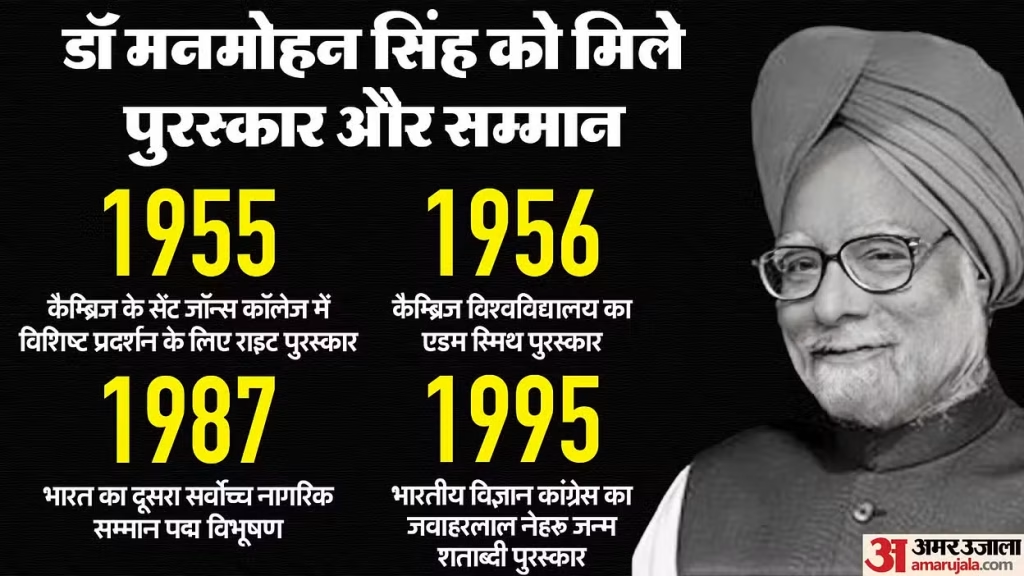
Challenges and Resilience
Dr. Singh’s tenure was not without challenges. From political opposition to global economic downturns, he navigated crises with his characteristic calmness and wisdom. Despite criticisms, his integrity and commitment to the nation’s progress remained unquestioned.
Personal Traits and Legacy
Known for his humility, intellect, and soft-spoken nature, Dr. Singh’s leadership style was a blend of pragmatism and compassion. Even after stepping down as Prime Minister in 2014, he continued to be an influential voice in India’s political and economic discourse.
Remembering a Statesman
Dr. Manmohan Singh passed away on December 26, 2024, leaving behind a legacy of economic transformation and visionary leadership. His life journey is an inspiration, reminding us of the power of knowledge, perseverance, and service.
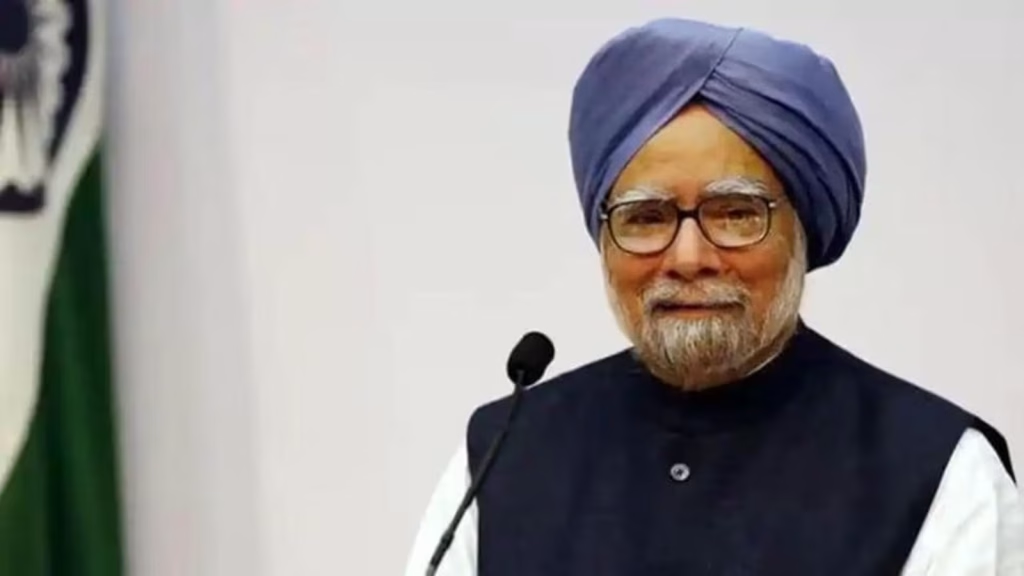
Dr. Manmohan Singh’s contributions to India’s development are unparalleled. From steering the nation through an economic crisis to championing social welfare, his vision has shaped modern India. As we remember this iconic leader, his life serves as a guiding light for generations to come.
#ManmohanSingh #IndianEconomy #VisionaryLeader #EconomicReforms #IndiaPolitics #Tribute


